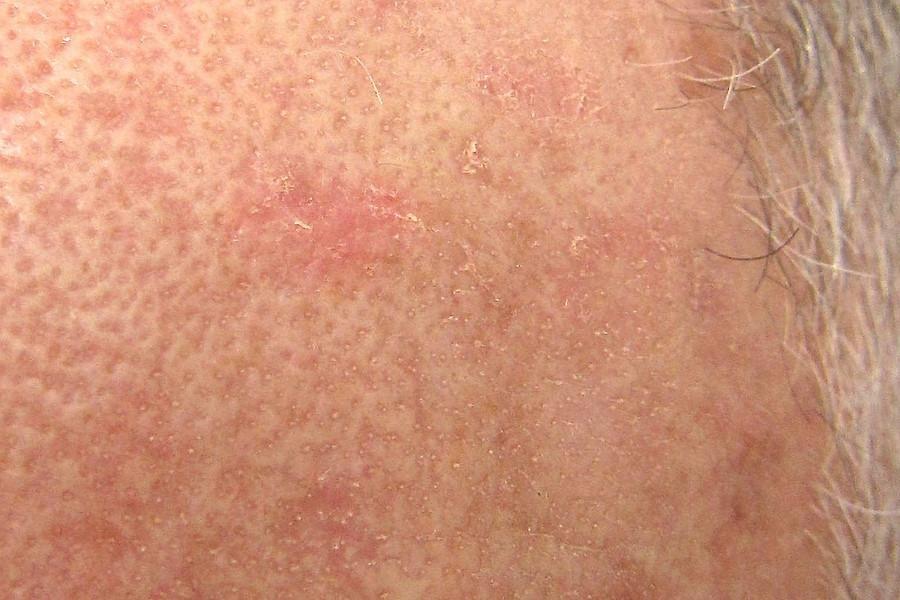Here comes the sun – and AK too, if you’re not careful!

With the northern hemisphere summer drawing near, a campaign has been launched to raise awareness of actinic keratosis – a skin condition caused by sun exposure that can lead to skin cancer.
On its second AK Global Day today, pharma company Almirall has published the results of a survey which reveals that although around 13% of people in Europe have AK, 85% are unaware of the condition, and less than half (43%) ever get their skin checked.
AK – sometimes called solar keratosis – tends to take the form of rough, scaly patches of skin that appear on areas of the body exposed to ultraviolet light, such as the scalp in the case of balding men, the face, forearms, neck, or back of the hands.
The lesions themselves are not harmful, but it is estimated that somewhere between 40% of 80% of squamous cell carcinoma – the second most common skin cancer after melanoma – develop from them.
Cumulative exposure to UV light is the primary trigger, so AK is more common in older people, affecting one in four of the over-50s age bracket.
Almirall’s survey was carried out in 2,500 people from Spain, Germany, Italy, the UK, and the US, and also found that almost a third of people do not check their skin at least once a year to find signs of suspicious marks and lesions.
Prevention is much better than treatment, of course – hence the widespread advice not to go into the sun without sunscreen or other protection. That said, the poll reveals that around a third (34%) of people who practice outdoor pursuits don’t use sunscreen often, and more than half (52%) of them get sunburnt at least once a year.
The thrust of the Global AK Day, however, is to educate about the condition, emphasise the importance of regular skin checks, and inform people how to identify lesions for themselves.
“As a dermatologist, I know that tackling actinic keratosis is a good way to see fewer cases of squamous cell carcinoma walk through my door,” said Veronique del Marmol, chair of patient organisation Euromelanoma, which is providing support to the campaign.
“We encourage everybody to see 24th May as a day to talk about, and check for, actinic keratosis,” she added.
If diagnosed early, almost all AK lesions can be successfully removed, although if there are several lesions sometimes topical drug therapies are prescribed to treat them, such as fluorouracil, diclofenac, or Almirall’s Klisyri (tirbanibulin) - an ointment for treating AK on the face or scalp, approved in the US in 2020 and in Europe in 2021.
Image by Future FamDoc via Wikimedia.











